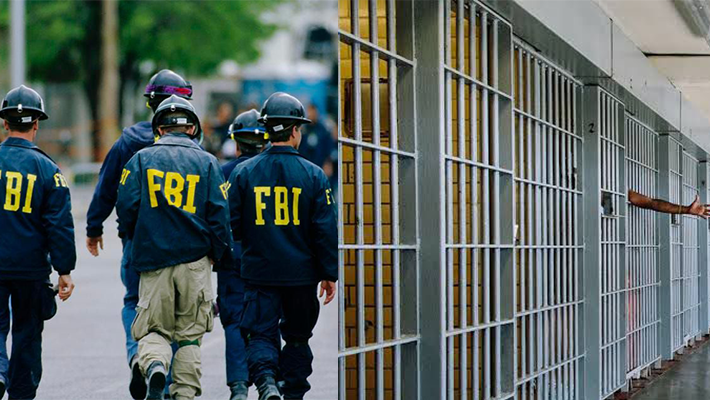
A Nigerian national was found guilty today by a federal jury of running a commercial email compromise scheme that targeted victims both domestically and abroad.
Ebuka Raphael Umeti, 35, and his accomplices sent victim businesses phishing emails that were designed to look as though they came from reliable senders, like a bank or a vendor, according to court documents and evidence shown during the trial. By infecting victim machines with harmful software, or “malware,” the co-conspirators were able to access victim email accounts and computer systems without authorization thanks to these phishing attempts.
The co-conspirators then took advantage of that access to collect sensitive information, which they then used to trick employees of the victim companies into sending money to accounts that they had designated. The co-conspirators of this fraud caused or attempted to cause victims to lose more than $1.5 million.
Head of the Criminal Division of the Justice Department Nicole M. Argentieri stated, “Umeti participated in a sophisticated computer hacking and business email compromise scheme that targeted numerous businesses in the United States.” Even though Umeti and his accomplices conducted their plan from abroad, the Justice Department could nonetheless obtain information about them. The conviction of today should serve as further evidence that the Criminal Division is dedicated to finding you and prosecuting you for your illegal actions, wherever you may be, if you prey on American victims.
The Eastern District of Virginia’s U.S. Attorney, Jessica D. Aber, stated, “The reach of cybercriminals is extensive, but so is the reach of the law.” “Umeti used deceit, covert malware, and a great distance to steal from American companies without being caught. A committed group of detectives and prosecutors demonstrated extraordinary tenacity in bringing him to justice in spite of those challenges and obfuscations.
Assistant Director in Charge David Sundberg of the FBI Washington Field Office stated, “Today’s guilty verdict is a victory in our fight against cybercrime and should serve as a warning to cybercriminals who believe they can operate with impunity.” “The FBI is steadfast in its commitment to apprehending those involved in malevolent cyber activities and holding them accountable.” Umeti was found guilty by the jury on three charges of wire fraud, conspiracy to commit wire fraud, conspiracy to intentionally damage a protected computer, and conspiracy to commit wire fraud.
The maximum sentence for the wire fraud conspiracy count is 27 years in prison; for the conspiracy to cause intentional damage to a protected computer count, it is five years; for each wire fraud count, it is twenty years; and for the intentional damage to a protected computer count, it is ten years. The sentencing hearing is set for August 27. The United States Sentencing Guidelines and other statutory considerations will be taken into account by a federal district court judge before determining any punishment.
On May 20, co-defendant Franklin Ifeanyichukwu Okwonna, 34, entered a guilty plea for his involvement in the conspiracy. His sentencing is set for September 3. The case was looked into by the FBI Washington Field Office. In order to obtain Umeti and his co-defendant’s extradition, the Office of the Director of Public Prosecutions and Directorate of Criminal Investigation in Kenya collaborated with the FBI’s Legal Attaché Office in Nairobi, the U.S. Marshals Service, and Kenya.
The case is being prosecuted by Senior Counsel Thomas S. Dougherty of the Criminal Division’s Computer Crime and Intellectual Property Section (CCIPS) and Assistant U.S. Attorney Laura D. Withers of the Eastern District of Virginia. Aarash Haghighat, Senior Counsel for CCIPS, contributed to the case’s investigation and indictment.
The U.S. Attorney’s Office for the Eastern District of Virginia’s website has a copy of this press release. You can find relevant court records and information by searching for Case No. 1:22-cr-123 on PACER or by visiting the website of the District Court for the Eastern District of Virginia.
Leave a Reply